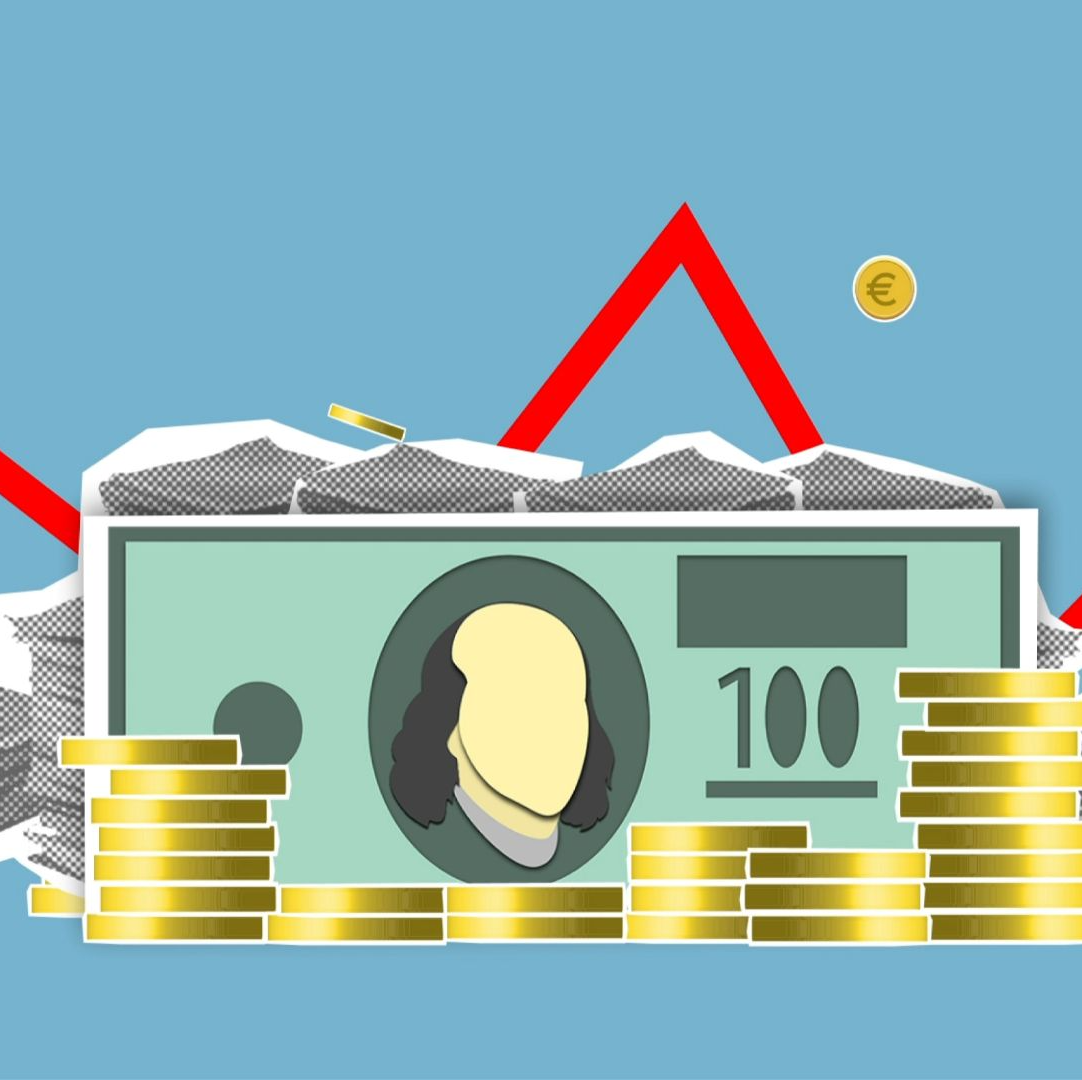According to an Allianz Life survey, many Americans are halting long-term savings due to the ongoing impact of inflation on everyday spending. Key findings:
- Due to inflation, 54% of Americans have halted or reduced their retirement savings.
- About two-thirds of Americans are concerned that a severe economic downturn is imminent, or 62%.
- 67% are hesitant to spend but do not want to miss out on a recovery.
Most Americans say they are suspending or cutting their retirement savings due to the 40-year inflation rate. According to the Allianz Life Insurance Company of North America’s Q3 2022 Quarterly Market Perceptions Study, 54% of American adults have either stopped saving for retirement or have substantially reduced their retirement savings due to inflation. Furthermore, nearly four in ten (43%) have had to delve into their retirement savings due to growing inflation. Most respondents (80%) are concerned that growing inflation will negatively impact their income purchasing power in the next six months. Also, 75% are worried that rising living costs will affect their retirement plans. More than three-quarters of respondents (78%) agreed that incorporating a guaranteed lifetime income alternative (such as an annuity) into their retirement strategy would reduce inflationary concerns. Kelly LaVigne, Allianz Life’s vice president of consumer insights, stated that inflation is not going away overnight. “While we all hope the inflation rate will slow, this will take time.” Consumers can prepare by speaking with a financial advisor and implementing measures to combat the effects of inflation into their portfolio so that long-term inflation does not affect retirement.” According to the report, millennials are the most likely to have halted or curtailed retirement savings due to inflation (65%). In comparison, 40% of boomers and 59% of Gen Xers agreed. Gen Xers, meanwhile, worry more about the impact of inflation on their long-term finances. Almost three-quarters (72%) are concerned that it will be too late to have a good retirement if they do not boost their retirement funds soon. More Gen Xers (80%) are concerned about growing living costs affecting their retirement plans than millennials (76%) and boomers (72%). Americans are Concerned About the State of the Economy. Overall, Americans remain pessimistic about the economy, with 62% believing that a severe recession is imminent. Worrying about a recession has always been higher in 2022 than in 2021. This continuous fear is primarily motivated by the fact that most Americans (78%) are concerned that present global tensions will create a recession. Also, 70% of Americans are worried that midterm elections will increase market volatility. This perspective impacts investment habits, with 71% indicating they keep some money out of the market to safeguard it against loss. This figure has consistently increased over the past year. Nonetheless, more Americans say they are willing to invest. The percentage of Americans willing to invest increased for the first time in a year (from 17% in Q2 to 26% in Q3). The rate of millennials who are confident in current market conditions and eager to invest is 40%, significantly higher than the percentages for Generation X (26%) and Baby Boomers (15%). More than two-thirds of Americans (67%) are hesitant to spend but do not want to miss out on a recovery. Millennials are the most conflicted about investing, with 76% stating they are concerned yet don’t want to miss out on a comeback. Fewer Gen Xers (66%) and boomers (59%) agreed. Millennials are more optimistic about the market right now (46%) than Gen Xers (32%) and Boomers (23%).
Contact Information:
Email: [email protected]
Phone: 2624906519
Bio:
30 + years as a Financial Planner. Securities (Series 1,7, and 65) and Insurance Licensed. Retirement Planning including the actual planning of where your income will come from as well as a discussion of products to get you there. The market has been volatile since Covid broke out and many [people are not comfortable with this. If you are retired we will look at your total income and tax situation. If you are still working we have some more time to plan.













